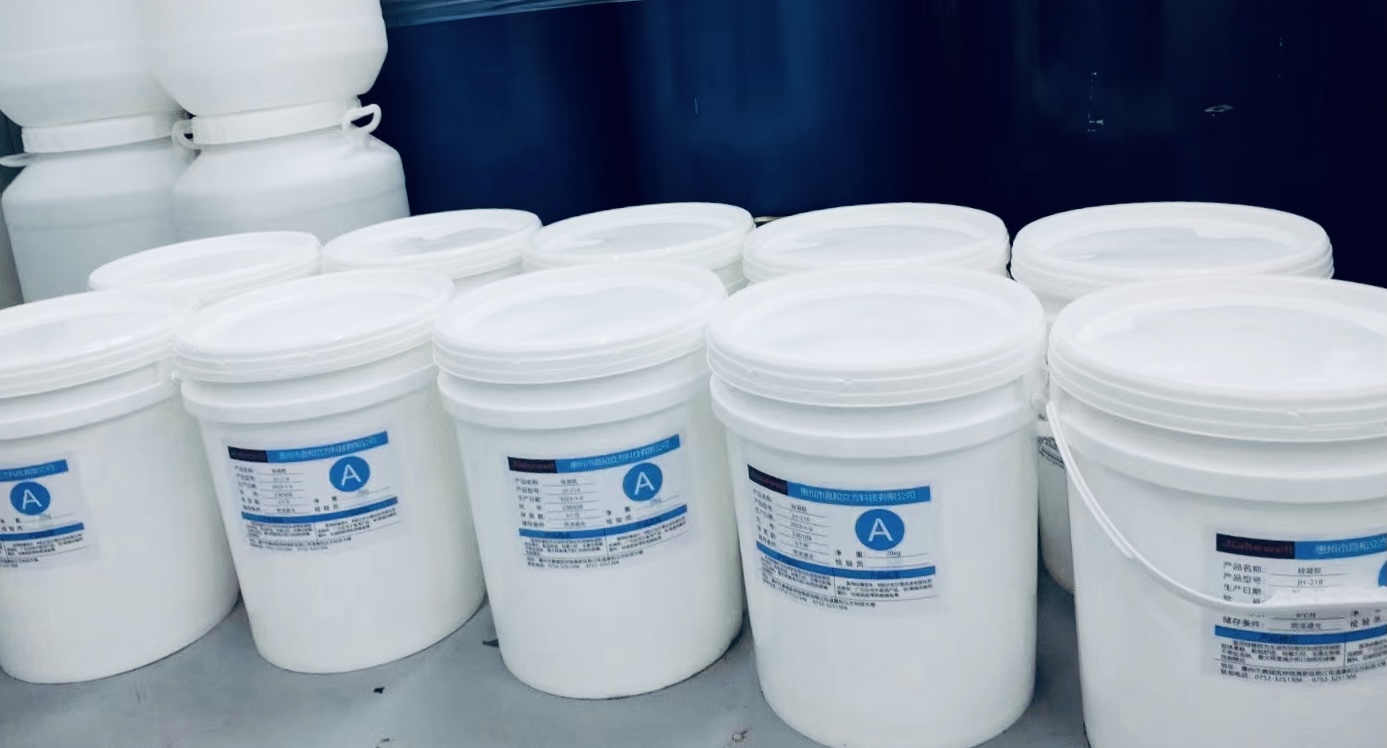+86-13928321129
jiahewell@jhzhb.com
- All
- Product Name
- Product Keyword
- Product Model
- Product Summary
- Product Description
- Multi Field Search
 English
English English
English
From medical devices to electronic products, silicone gel is used almost everywhere. However, when faced with the numerous silicone gel products on the market, how do you choose the right material? This article provides some practical suggestions.
Determine the Application Scenario
The first step in selecting silicone gel materials is to clarify their application scenarios. Different applications have different performance requirements for silicone gel. For example:
1. Medical applications: Biocompatibility and antibacterial properties are required.
2. Electronic products: Excellent insulation and thermal stability are necessary.
3. Food packaging: Food safety standards must be met.
Choosing the appropriate type of silicone gel based on specific needs is essential for ensuring product quality.

Consider Physical Properties
The physical properties of silicone gel, such as hardness, elasticity, and permeability, directly affect its effectiveness. Here are some important performance indicators to consider:
1. Hardness: Affects the material's support and wear resistance.
2. Elasticity: Influences the flexibility of the material, especially in applications requiring bending or deformation.
3. Breathability: In some applications, such as medical dressings, good breathability is necessary to promote wound healing.
Sample testing can be used to evaluate whether these properties meet the requirements.
Evaluate Chemical Stability
The chemical stability of silicone gel is critical for its long-term use. Consider the following factors:
1. High and low temperature resistance: Ensure the material does not degrade under extreme temperatures.
2. Chemical corrosion resistance: In some industrial applications, the material may be exposed to chemicals such as acids and alkalis, making it particularly important to choose corrosion-resistant silicone gel.
Before making a selection, it is advisable to check the technical data sheet of the material to understand its chemical stability.
Understand the Production Process
Different silicone gel materials may utilize different production processes, which can affect the material's performance and cost. For example, the mechanical properties and production efficiency of silicone gels for die casting and injection molding may vary.
Supplier Selection
A reliable supplier can provide high-quality silicone gel materials as well as technical support and after-sales service. When selecting a supplier, consider the following points:
1. Industry experience: The supplier's experience and reputation in the relevant industry.
2. Product certification: Check whether the material has passed relevant quality certifications, such as ISO or FDA.
3. Customer reviews: Refer to feedback and reviews from other customers to gauge service quality and product stability.
Choosing the right silicone gel material is not a simple task. I hope the suggestions in this article help you make a wise decision when selecting silicone gel materials.
